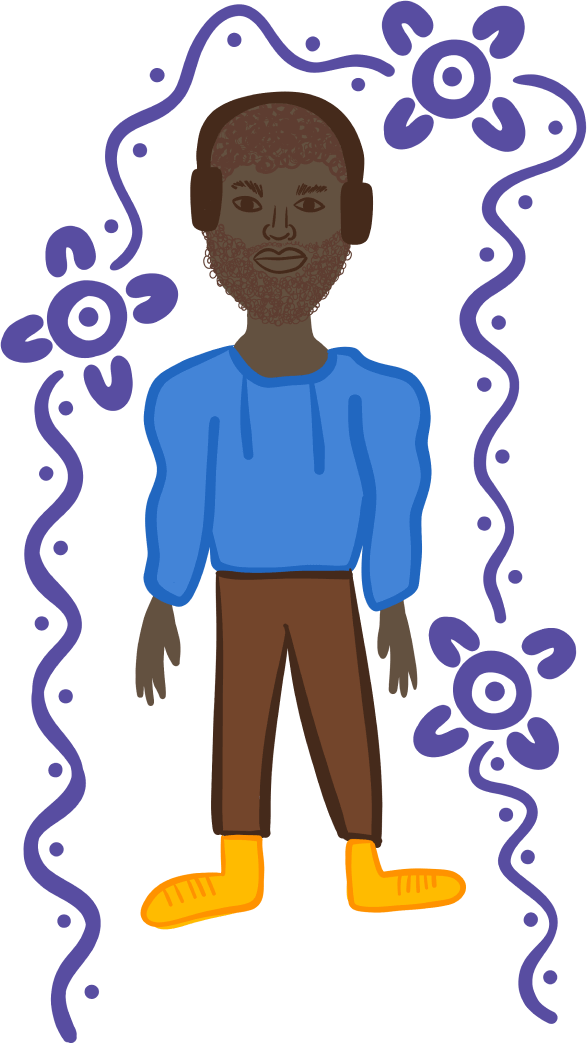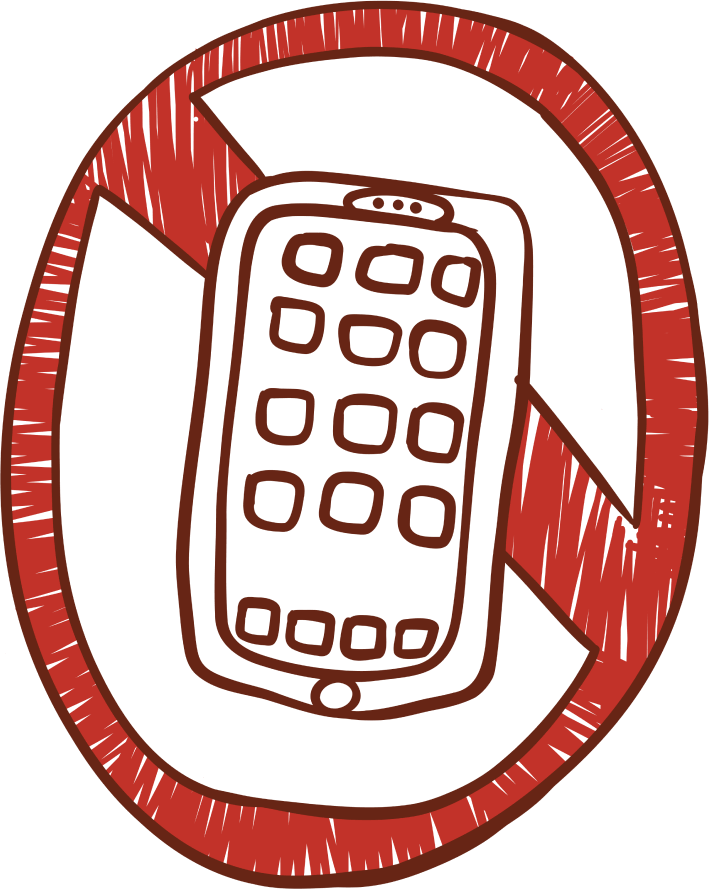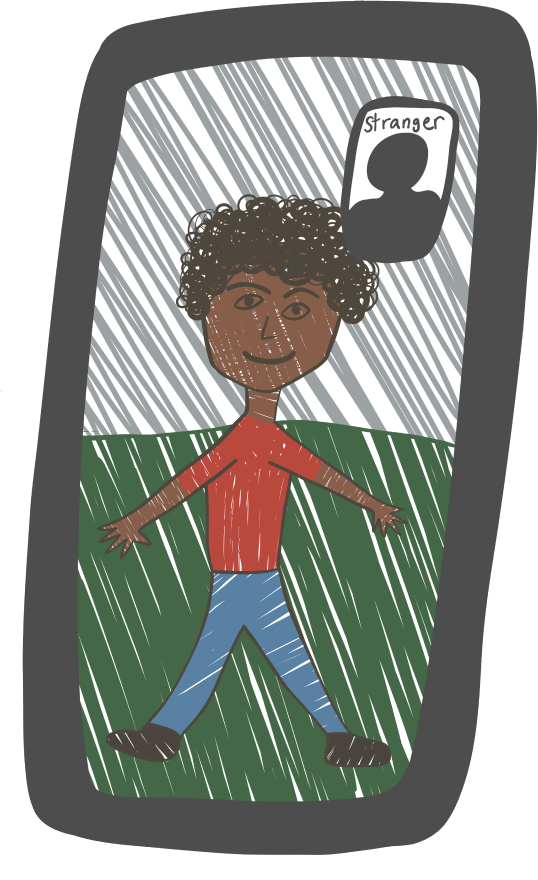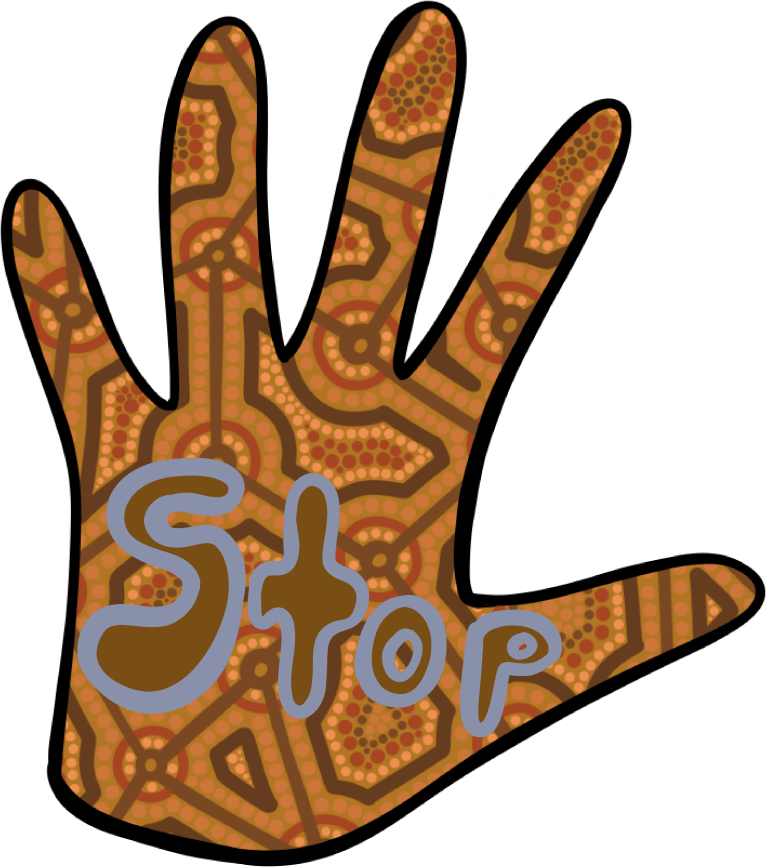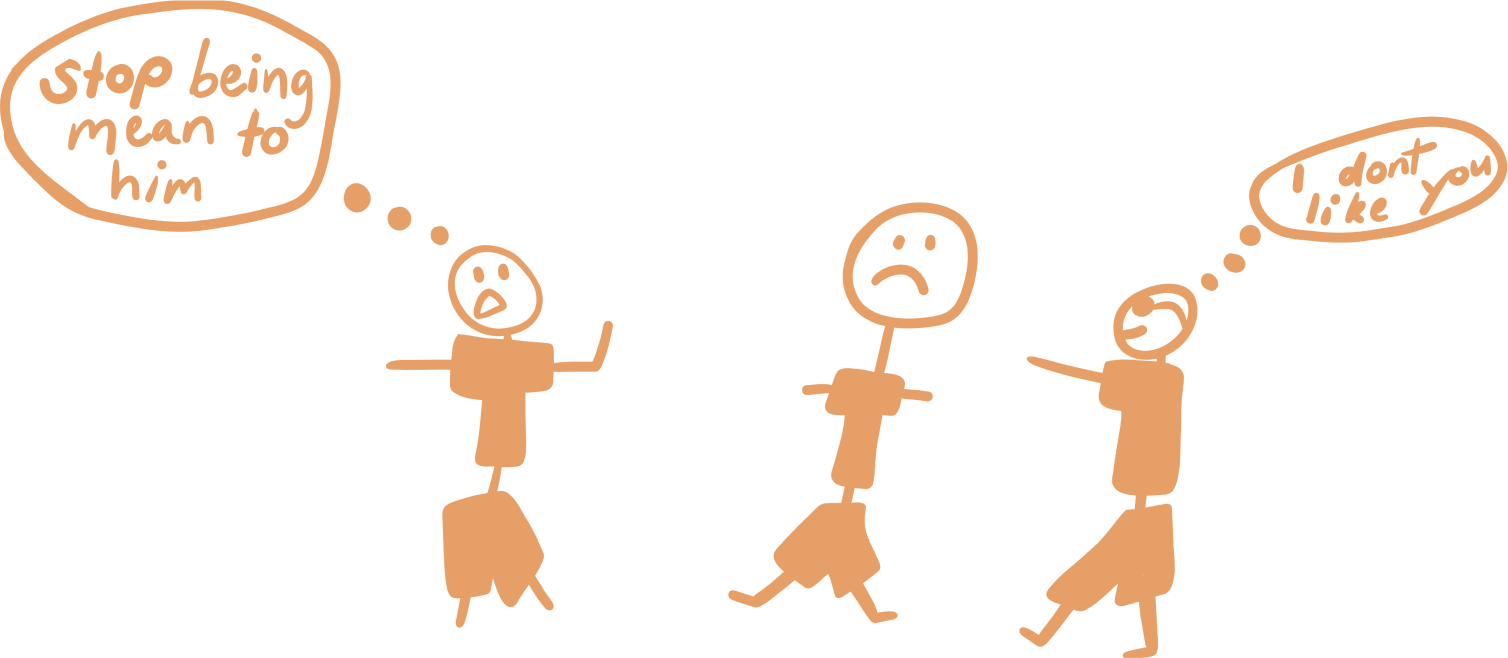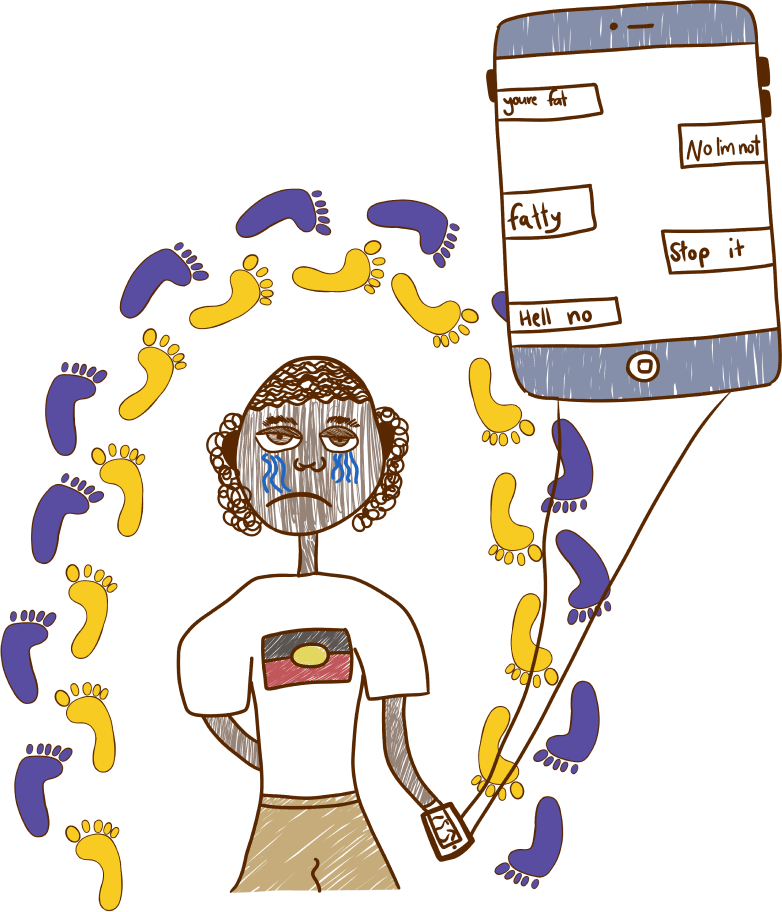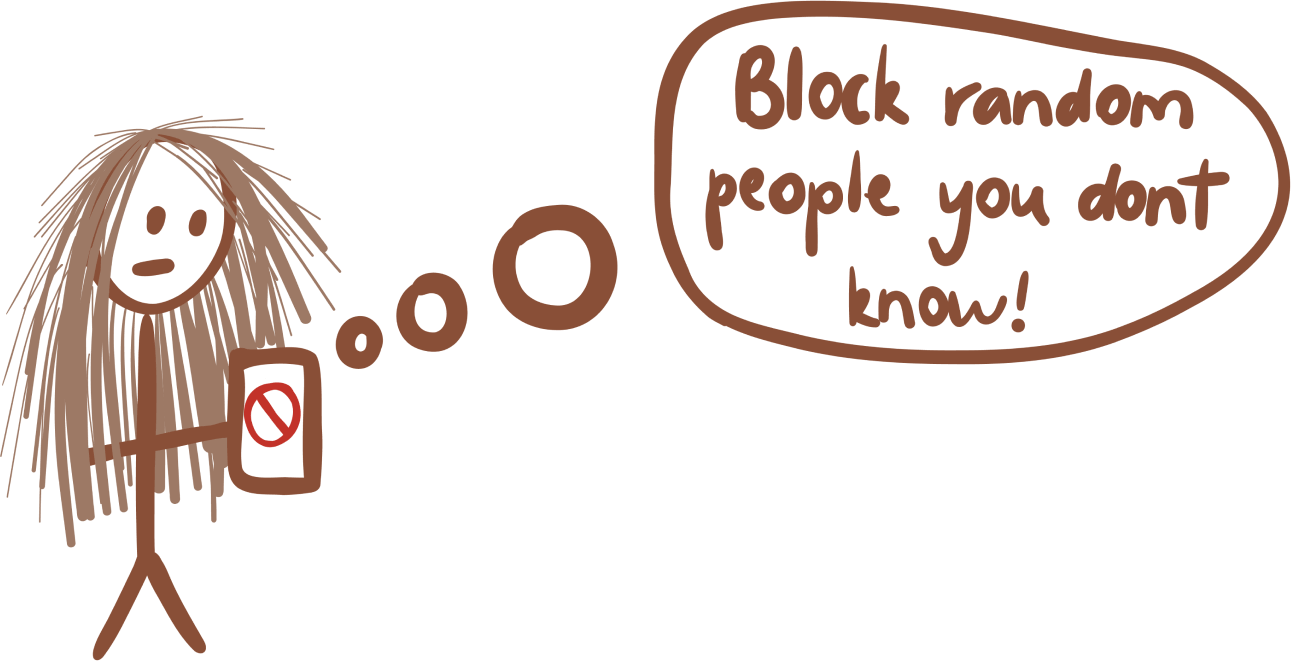Online Safety Rules
How to be safe online
Technology is great, it’s easy to use and it’s more affordable than ever before. It keeps you entertained when you’re bored and keeps you connected to your family and friends. It even helps with things like schoolwork, going places, shopping and checking the time.
When you go online it’s important to stay safe so you can get the most out of it.
Follow these simple online safety rules:
- Keep your information safe and private
- Don’t add anyone you don’t know
- Don’t share your location, personal information, or passwords
- Make your account private
Keep Safe
How to spot the red flags and danger signs IRL
Most of the time you go online it’ll be fun and safe. But there are some behaviours that are best avoided like hacking, stalking, trolling and catfishing. To keep safe you need to know how to spot the red flags and danger signs IRL. Remember if you’re unsure you can always speak to an adult for help.
- If their profile doesn’t look real
- If they tell you their age but it doesn’t match what you see or hear
- If they keep disrupting the conversation or write hurtful messages
- If they post pictures or videos of someone without their permission
- If they share harmful or illegal content
- If they keep asking you for your photo or personal information
- If they keep sending you friend or follow requests
- If they send you spam or links to external websites
Talking with Others Online
Understanding the effects of cyberbullying
Cyberbullying is bullying that happens using digital technology. It can be anything from taking banter too far or leaving mean comments to sharing an embarrassing picture or video of someone, spreading lies or gossip, or threatening someone.
Just like bullying IRL, cyberbullying can have a big effect on a person and their community. It can make you feel upset, ashamed, stupid, afraid, angry or lose interest in the things you enjoy. It can make you feel like you have no friends, or that nobody likes you. It can also make you feel stressed, tired or give you a sore stomach or headache.
When talking with others online choose to have a nice yarn by being careful, using nice words and treating others with respect. If you’re being bullied reach out to friends and family for help. If you see someone being bullied, be courageous and speak up.
- Don’t take banter too far
- Don’t leave mean comments
- Don’t share an embarrassing picture or video of someone
- Don’t spread lies or gossip
- Don’t threaten or act tough
How to Engage with Apps
Understanding your digital footprint and the algorithm
Your digital footprint is a record of who you are and what you do online. When you engage with apps you are creating your digital footprint. Everything you do from making and sharing content, searching for something, reading a post, or clicking on a link is collected and stored.
Apps use your digital footprint to keep you online for longer and longer. This is because they get an idea of who you are and what you like and then use the algorithm to show you more and more of the same content.
Your footprint can be something to be proud of. It is a record of your experiences, culture, and identity. In an ideal world you would be able to post stuff freely without being judged and the algorithm wouldn’t suck you in. Luckily, there are some small changes you can make to take back control and to make sure your digital footprint is deadly.
- Think before you act
- Set a good example, have courage and don’t fight back
- Use a secure browser that protects your privacy
- Every now and again clear your browsing and download history, cookies and other site data
- Put away your phone
- Set screen time limits
Big Leader
What you can do to be safe and courageous online
As a young person who goes online you’re having fun, keeping connected and gaining skills and experience. There are things that we can all do to be courageous, keep ourselves and others safe, and to make sure technology is being used for good.
There are people you look up to who try their hardest to teach you values and how to look out for each other. It’s up to you to do what you can to give back to the community.
Be a Big Leader. Be Deadly. Be Digital.
How to be safe and courageous online
Explore by clicking on
 or
or

It looks like you’re using a mobile or tablet.
To access Deadly & Digital, please visit this webpage on your computer.
This site exists because of the young people at the Melbourne Indigenous Transition School (MITS).
We have all travelled some distance to join the MITS family here in Naarm. We bring with us a variety of cultural knowledge, experience and language. MITS is located alongside a significant site, the MCG, where Wurundjeri people would gather and meet with other members of the Kulin Nation. We acknowledge we are on Wurundjeri land here in Richmond and pay our respects to all people of the Kulin nation as well as Aboriginal and Torres Strait Islander people from right around Australia.




